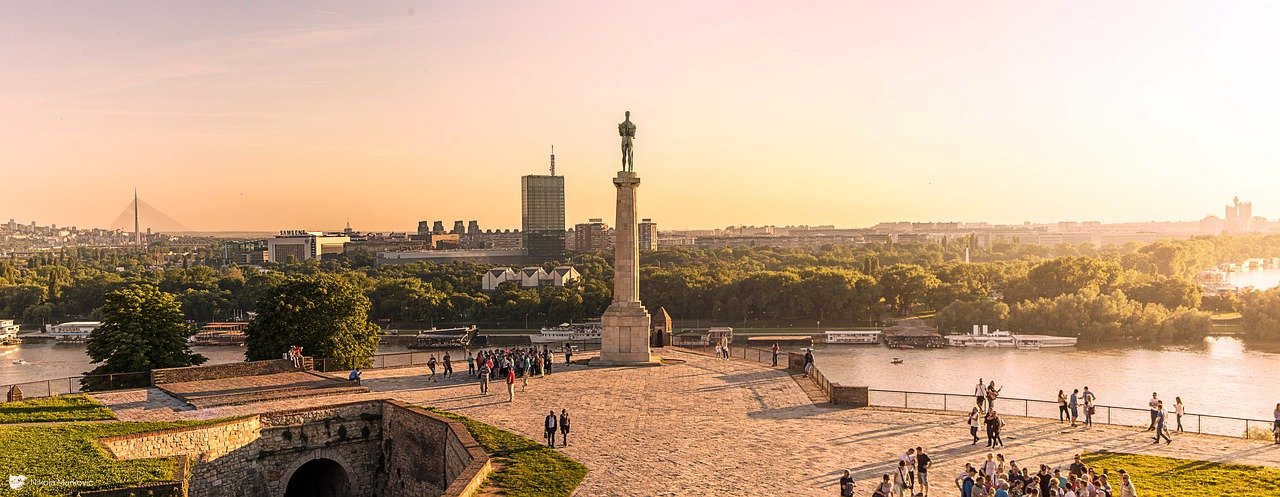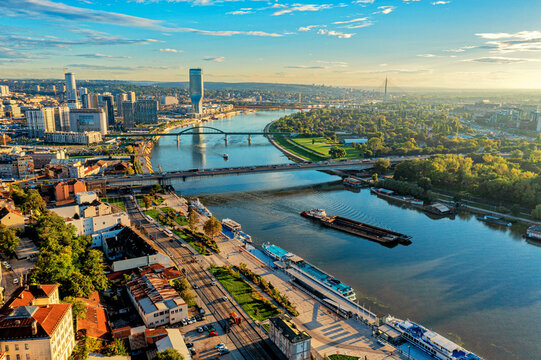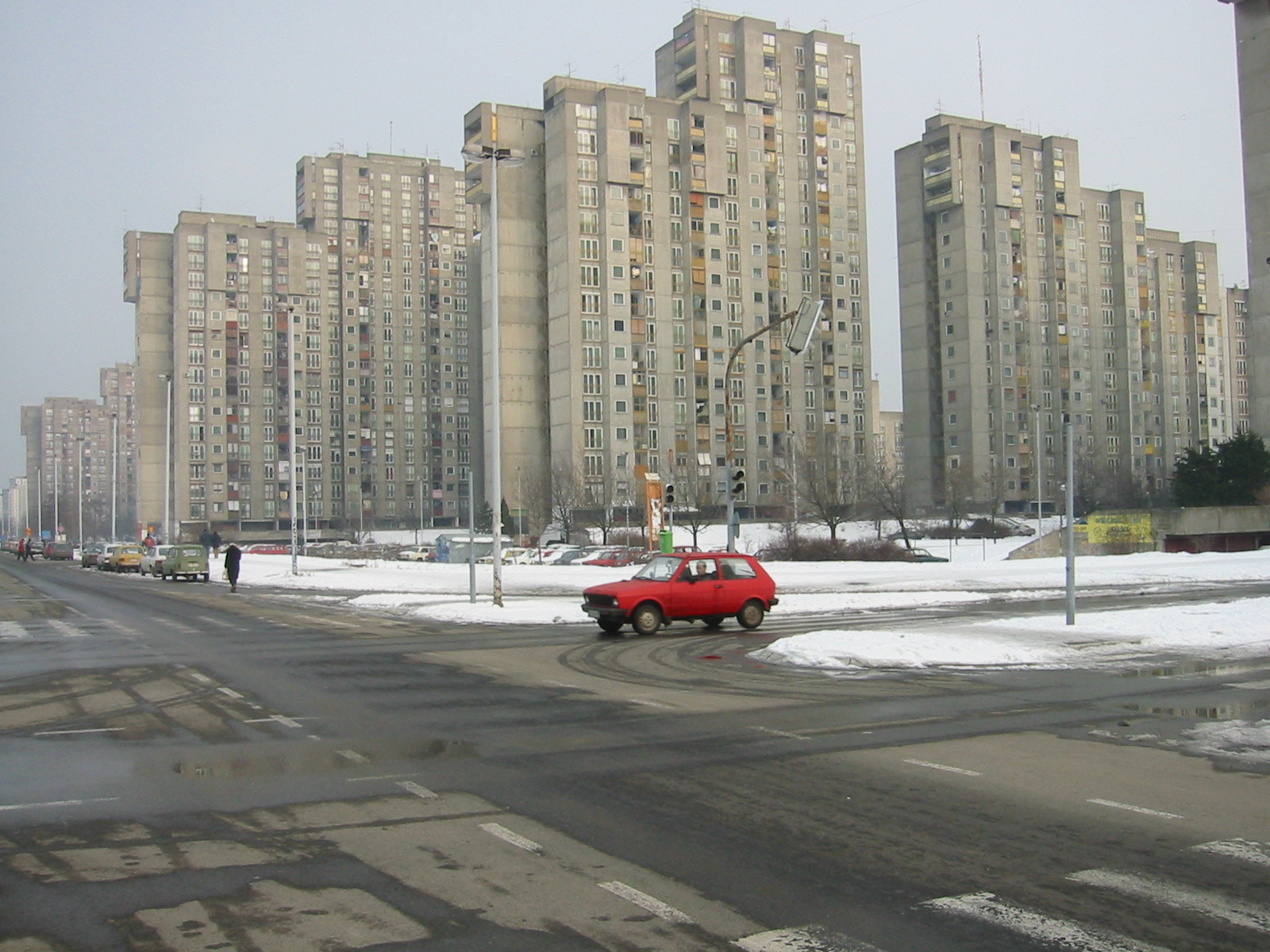Thanks to our main sponsor, the Federation of European Microbiological Societies (FEMS), we are thrilled to offer up to 10 grants - covering registration fee and accommodation - aimed at participants from low and middle income countries. Please state in your registration if you would like to apply for one of the grants!
1. Selection Criteria for FEMS Supported Participants
2. Criteria for selection of non-supported participants
Day 1: Fundamentals in Bioinformatics and Data Processing
Chairpersons: Marcel van den Broek & Milan Dragićević
Day 2: Genome and Metagenome Analysis
Chairpersons: João Pedro Saraiva & Alfonso Esposito
Day 3: Fundamentals of Modeling: From Theory to Data
Chairpersons: Alexandre Jousset & Djordje Bajić
Day 4: Genome and Metagenome-Scale Metabolic Modeling
Chairpersons: Karel Olavarria & Prateek Shetty
Day 5: Statistical Approaches and AI in Microbial Ecology
Chairpersons: Juan Díaz-Colunga & Sascha Patz
Abstract, CV and motivation letter are required for fellowship applicants. Please submit these in the corresponding section in the registration form.
Abstract submission deadline for professionals: May 25 June 15
Abstract and grant status confirmation: May 30 June 20
Palace Hotel Belgrade is located in the very heart of Belgrade, in the immediate vicinity of the main pedestrian area of Knez Mihailova Street. It has a very convenient location in a quiet part of the city, close to historical and cultural sights, city and state institutions, museums, theaters, cinemas, numerous shopping centers as well as Shkadarlija - the old bohemian quarter. It is intended for vacation both for business people and for those who travel for pleasure. Palace Hotel Belgrade is categorized as a 4-star hotel.
1. By Bus from Nikola Tesla Airport:
Take bus 72 from the airport and exit at the 'Brankov Most' station (about a 30-35 minute ride). From there, it's a 310-meter walk to the Palace Hotel.
2. By Minibus from Nikola Tesla Airport:
Alternatively, you can take minibus A1 from the airport and exit at the last stop, Slavija. From here, you have two options:
Alternatively, you can take a taxi from Nikola Tesla Airport. Please note that the ride should cost around €30. It’s recommended to discuss the price with the driver before you get in.




For information about payment and invoice, please contact our agency "Impala"
+381-11-249-78-82
Toplicin Venac 23
11000 Belgrade